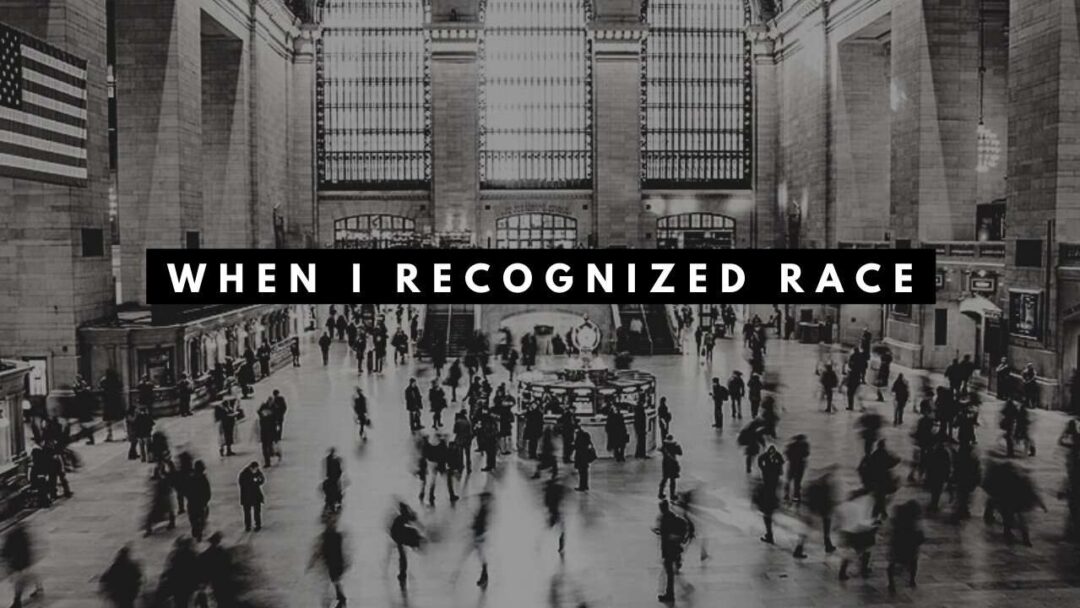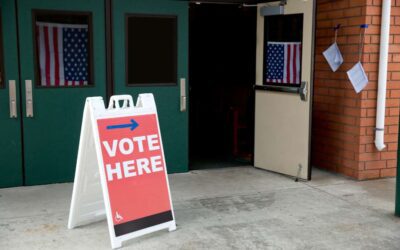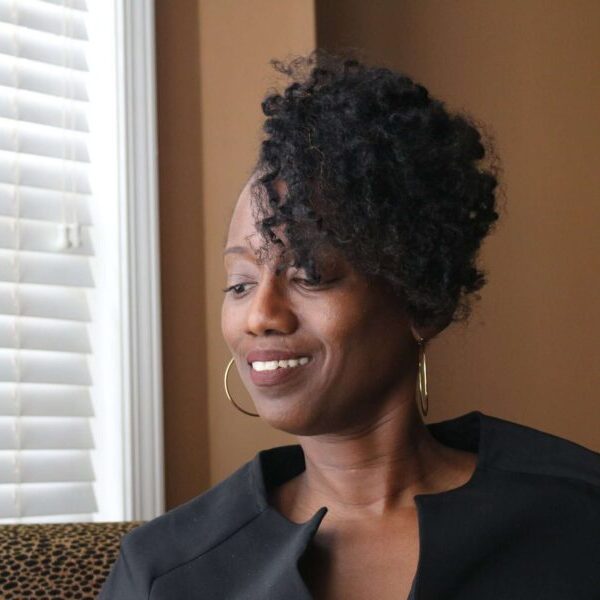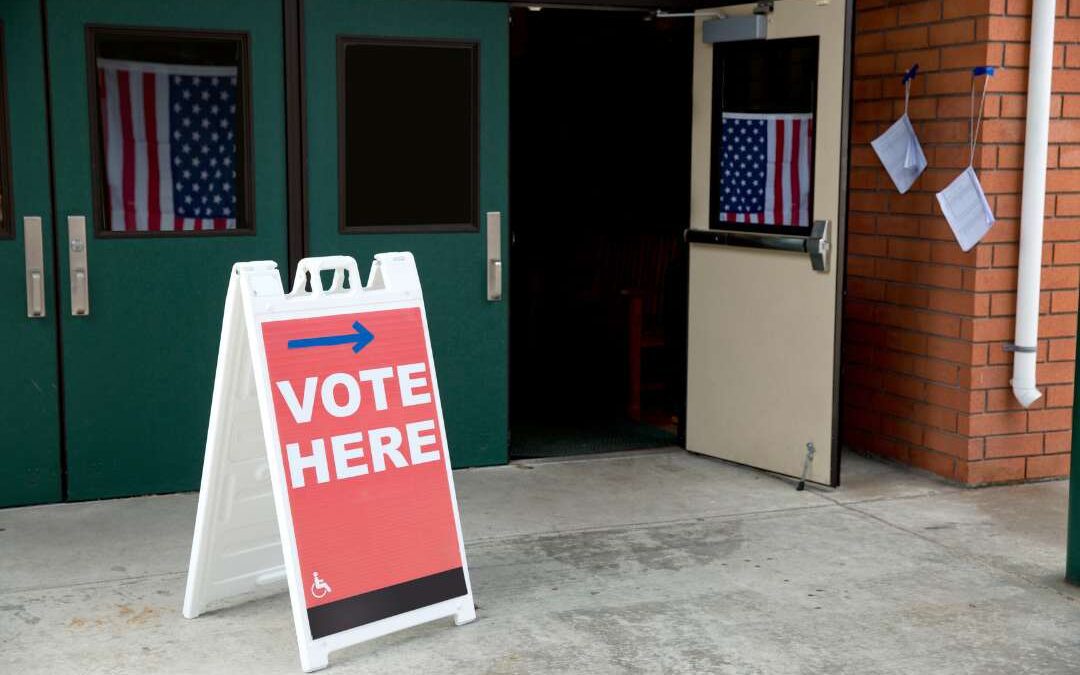I always say I recognized race and that I was black when I came to New York in 1978. For the first twelve years of my life, I lived in the Bahamas. We were a large family doing OK for ourselves. We could hire someone to do the cleaning and look down our noses on anyone in a lower position than us. The difference I discovered was class – those who had and those who didn’t, and we were somewhere in the middle.
Coming to America forced me to confront my blackness. Implied racism was seemingly innocuous. I did not have a catastrophic event that signaled my otherness; instead, it was a gradual peeling back of many layers. I discovered there were stereotypes around blackness – poor, dumb, single-parents. I did not fit into any of these. My parents were together, we bought a house, and education was paramount next to the Gospel in my household. If there was one thing we could control, it was our smarts, and we had it in spades. We were proud of our West Indian heritage, wielding it like a weapon to get ahead. In this cocoon of smartness, there was no blatant discrimination. Smart was my safety net, and it would help me weather the storms of racism, or so I thought.
In 1989, after graduation from college, I got married, and we moved to a town on the North Shore of Long Island, living in a friend’s basement apartment. This town was far away from everything I knew – people, food, church. We were a young couple living in an exclusively white community, and we felt it. My husband vividly remembers the night a cop followed him home, where he had to prove to the officer that he lived there. I remember feeling lonely and isolated performing the mundane – buying groceries, boutique shopping, picking up prescriptions, or commuting to work. When I became pregnant, I felt harshly treated by doctor’s disdain as a young, black, pregnant woman.
When I had my son in 1990, I noticed that he was the only black baby in the nursery. When I was home on maternity leave, walking my son, some white boys drove by and yelled at me. When I took my clothes to the cleaners, the lady checking my clothing commented with seeming surprise that I had beautiful clothes. None of these events were explicit, but these actions all compounded my isolation, my otherness because I was black. These feelings finally found an identification when we tried to look for a new apartment. I usually called to gather more information, but I never received a call back, it seemed, because of my accent. When my husband called the same number, the potential landlord specifically asked him if his wife was black, stating plainly that he didn’t want to rent to blacks.
It was good that the layers of the onion kept getting smaller–that we had something we could put our finger on. Racism was no longer implied, but still, there was no acknowledgment of what we felt. We clung to each other in our isolation. I reached the core of the onion when my local paper did a two-week series called “A World Apart.” Each day I devoured this series, and as I read, my experiences were validated. People seemed to be experiencing different worlds, and the experience of white people seemed to carry specific privileges. In a strange cathartic way, it was comforting to read what I had lived. No longer implicit or innocuous, what I had felt for so long was now out in the open.
In Conclusion: When I Recognized Race
When I think back to this time, I moved from a place of naivete to acceptance. It took me a while to delight in the part of me America considered black, but innately I’d always known I was all right. As someone who read and internalized the messages in the Bible, they anchored me. “When God created me, I was made in His Image, and I was very good (Genesis 1:27, 31). I was fearfully and wonderfully made (Psalm 139:14).” I walked through this world, knowing that the truth of God’s Word applied to me regardless of what others thought about the color of my skin. It was probably why I dealt with racism the way I did. I expected what I gave to others. I became disappointed and hurt when I didn’t receive similar treatment, but I always remained hopeful.
Only Christ in me was responsible for that hope.
Prayer Requests:
- Pray for strength – Those affected by racism will be wise as serpents and harmless as doves (Matthew 10:16).
- Pray for transformation – Change the hard hearts of sinners (Ezekiel 36:26-27).
- Pray for wisdom – to wield the weapons of our faith to break the stronghold of systemic racism. (2 Corinthians 10:3-4).











